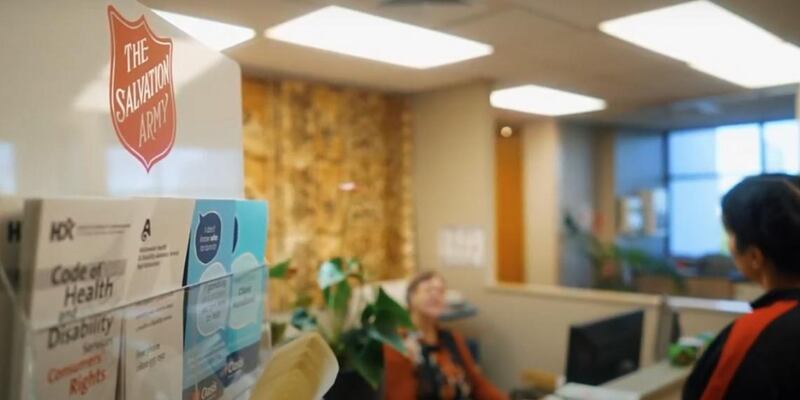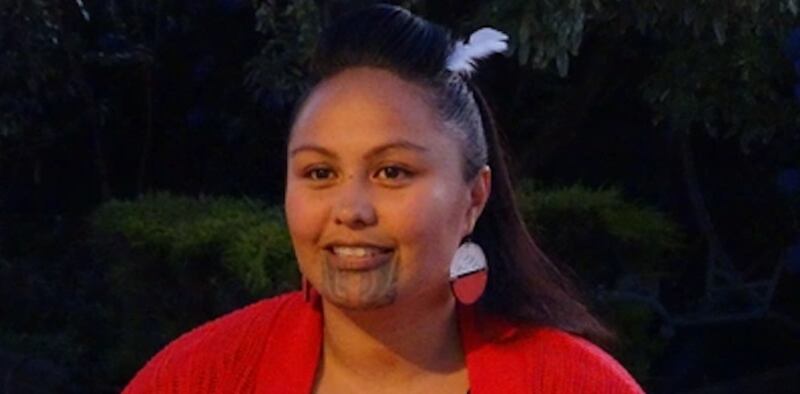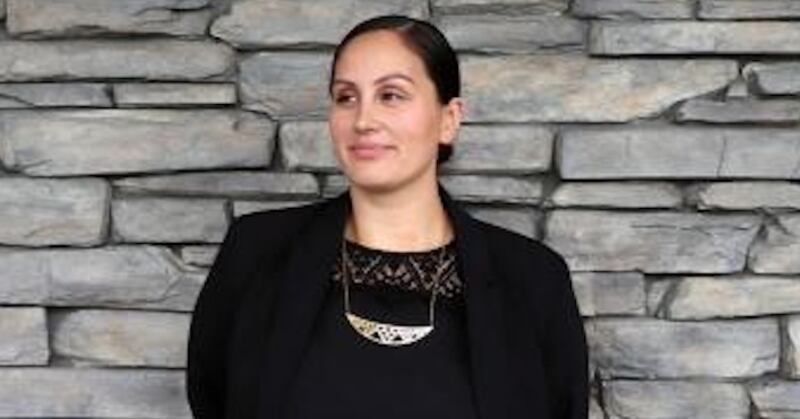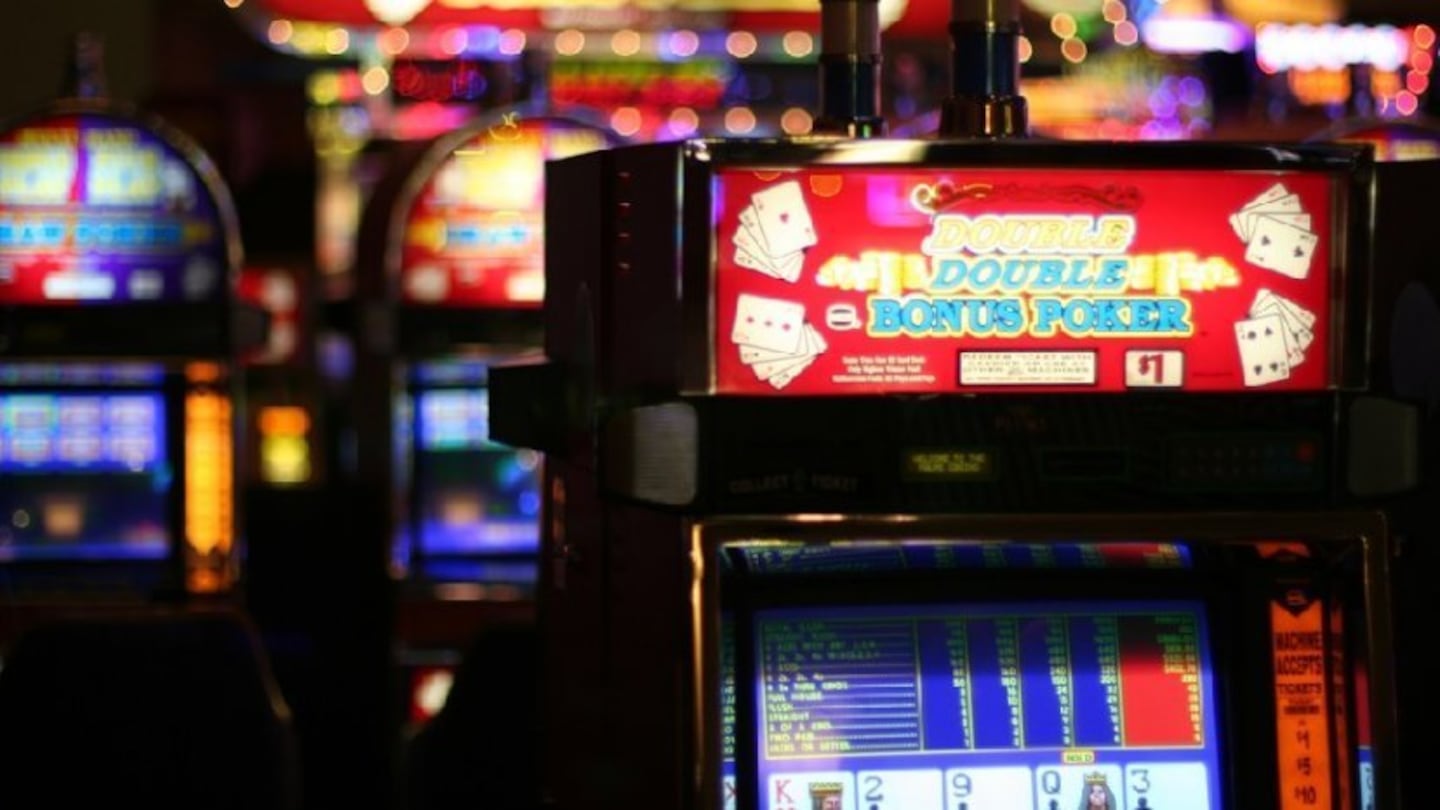Claims only a tiny percentage of the country are affected by problem gambling and support services haven’t made a dent in 15 years are being rubbished as "narrow and misleading" by the services themselves.
The government will announce if levies put on pokie operators to pay problem gambling support groups will rise this week to roughly $25 million a year, from $20 million but the body that represents pokies is on a PR offensive saying it shouldn’t.
Demanding 'better results from gambling addiction services' in an article on Stuff, the Gaming Machine Association (GMA) director Peter Rush claimed just 0.2 per cent of adults were affected by problem gambling and the number hadn't budged in 15 years, so services shouldn't get extra money and funds should go back into casinos for technology like facial recognition, which he said would combat problem gamblers.
“We are fully supportive of the model and are happy to pay but our concern is we are not getting good value for the money,” Rush said.

Pokie operators pay 1.3 per cent of profits for addiction support, and the services themselves have slammed the GMA’s arguments in open letters to Māori Television, saying lobbyists are hiding true levels of addiction; and that while technology will help prevent problem gambling, the whole support sector is under-resourced.
‘The real figure [of problem gamblers] is closer to 250,000 – more than the population of Wellington City' Problem Gambling Foundation spokesperson Te Rukutia Tongaawhikau says.
Siobhan Kemp, a public health worker for the Salvation Army Oasis programme backs that, saying the 0.2 percent number touted by the industry is suppressed by omitting gamblers termed moderate and low risk; she says there’s actually a crisis of addiction.
“Twenty-eight percent of people who play the pokies once a month or more are experiencing moderate to severe harm, and a further 21 percent are experiencing low-level harm.”
“In short, almost half of regular pokie gamblers are in trouble,” Kemp says.

Both Kemp and Tongaawhikau say when making their decision, politicians also need to consider the levels of harm and disproportionate effects gambling has in poorer regions and on minorities.
“More than 60 per cent of pokie venues are located in our poorest communities, disproportionately impacting Māori and Pacific communities who tend to live in these areas,” Tongaawhikau says.
“Māori, Pacific Peoples and the Asian community are impacted by gambling harm at much higher rates than the general population.”
They argue stigma, which means those in trouble don’t get help, is something pokie operators haven't acknowledged in their public statements, with Tongaawhikau noting if new levies do come into force, much of the pūtea will go to destigmatisation strategies and culturally appropriate programmes for minorities.
“Only about 16 per cent of people seek help from gambling support services. It highlights the importance of the public health work we do in communities to raise awareness of the issue and how to get help.” Tongaawhikau says.

Selah Hart, CEO of Hāpai Te Hauora (Māori Public Health) says legislative reform is required to tackle problem gambling Photo / Supplied
Hāpai Te Hauora (Māori Public Health) chief executive Selah Hart says while the levy is at the forefront of the debate, politicians urgently need a big picture approach by tackling wholesale legislative and industry reform. Technological reforms should be part of doing business and the government needs to take a hard line on providers who don't uphold their hosting responsibilities to prevent problem gambling.
“Treatment services are the ambulance at the bottom of the cliff… Law and policy need to do the heavy lifting to effect change,” Hart says.
“The Gambling Act (2003) is outdated, and we will only see a shift to gambling harm rates if there is change at the top, legislation that is relevant, stronger preventative measures and an adequately funded health workforce.”
The current levy is "about as much as Lotto and SkyCity spend each year on marketing alone" with the Salvation Army’s Siobhan Kemp backing Hart’s statement that their services are a last resort. The industry shouldn’t be arguing against levy reforms, if they’re truly against problem gambling, as they say, they should be reforming themselves according to Kemp.
‘We are fighting an uphill battle - if you want to reduce the harm then the gambling product and prevention should have more focus.”
If you or your whānau need support with problem gambling:
Gambling Helpline Aotearoa 24/7 on 0800 654 655
The Māori Gambling Helpline on 0800 654 656
The Salvation Army Oasis Programme 0800 53 00 00
Problem Gambling Foundation 0800 664 262
Visit the Ministry of Health website to find a problem gambling support service near you.

